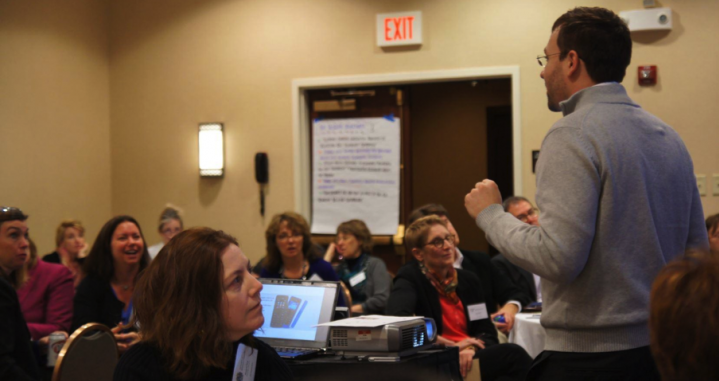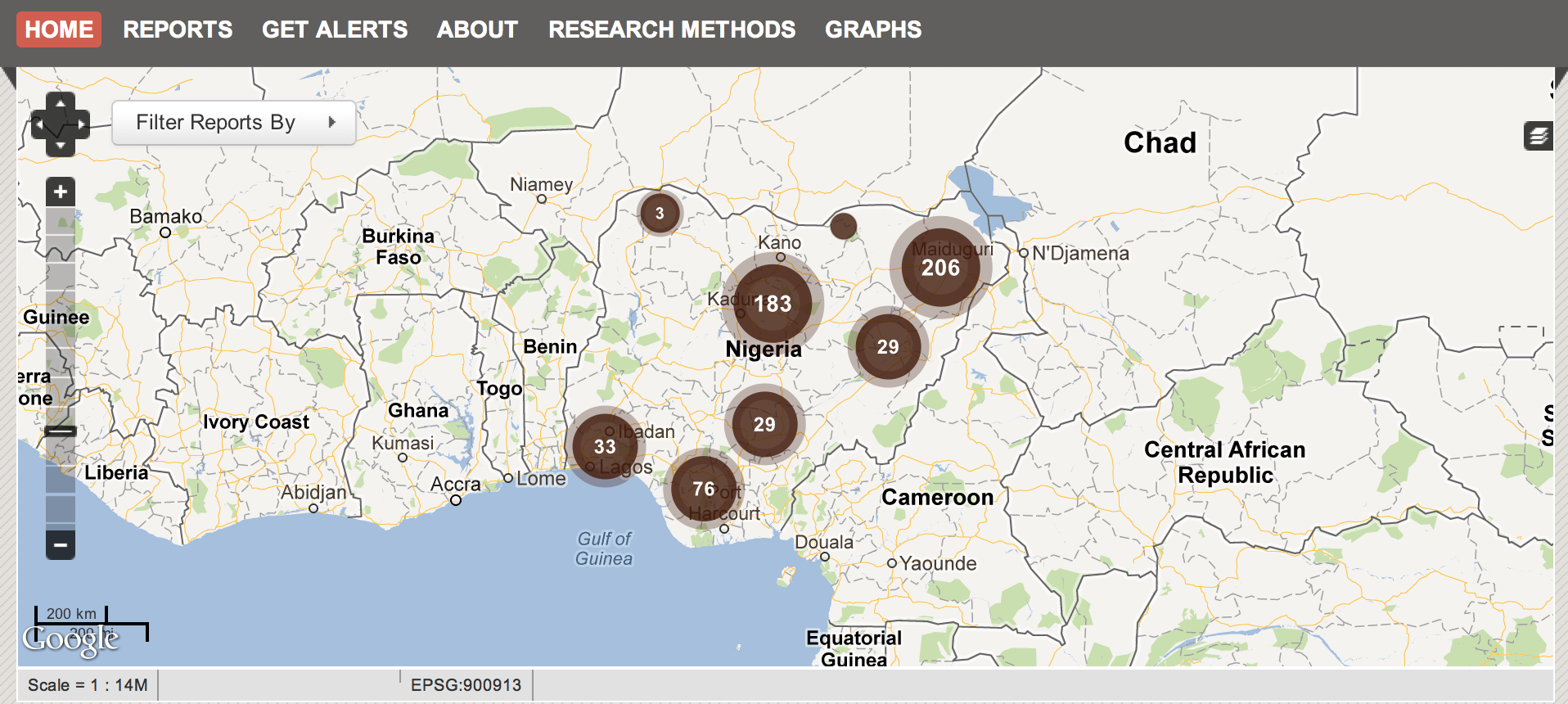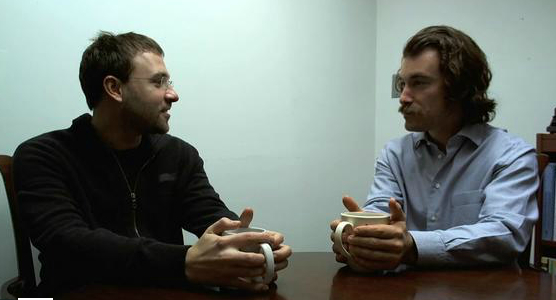On September 17, 2011, a handful of people gathered in Liberty Square in Manhattan’s Financial District and sparked a movement that brought wide scale attention to income inequality and the growing gap between rich and poor.
Rewind to December 18, 2010. A man fed up with the ill-treatment in Tunisia, tragically immolated himself to protest the government, unleashing a wave of protests that has changed the political shape of an entire region. Both Occupy Wall Street and the Arab Spring leveraged the power of social media to exchange ideas, mobilize support, and spark a movement.
But, okay, we’re not all going to be able to spark a movement as big as those. But that doesn’t mean we can’t use social media to make an impact. In fact, I’d argue that going deeper to reach the right audience is more important than trying to go broader.
Take Molly Katchpole. She was 22, working two jobs, and struggling to make ends meet. When Bank of America announced a new $5/month banking fee, she thought it was unfair and decided to do something about it. She used Change.org to start a petition, shared the effort with her friends, and got 300,000 petition signatures, which pressured Bank of America to scrap plans to institute the fee.
Or take Sal Khan. When his young cousin was struggling with algebra, he created a few YouTube videos to help her with her studies. Soon, strangers stumbled onto the video and began requesting more. Sal realized he was onto something and began creating new videos on a variety of topics. Now, Khan Academy features more than 4,200 free lessons, has millions of students, and is changing the way come schools are thinking about education.
So, the point I’m trying to make is, social media has fundamentally changed the way that governments, nonprofits, companies, universities, and individuals interact with each other and with their communities.
But with so many platforms, channels, networks, and tactics to consider, successfully leveraging these channels and integrating them into our work can be a huge challenge.
That’s what Social Media for Social Change is all about. Using real world examples shared by a experts who manage social media at nonprofits, universities, government agencies, and NGO’s, participants will gain insights into what makes social work, how to build a community around an issue, and how to create change.
It’ll be a hands-on, exciting course with input from experts in the field and practical demonstrations and exercises to showcase the potential of social media. I hope you can join us. And, of course, don’t forget to spread the word about the class using #TC110.



